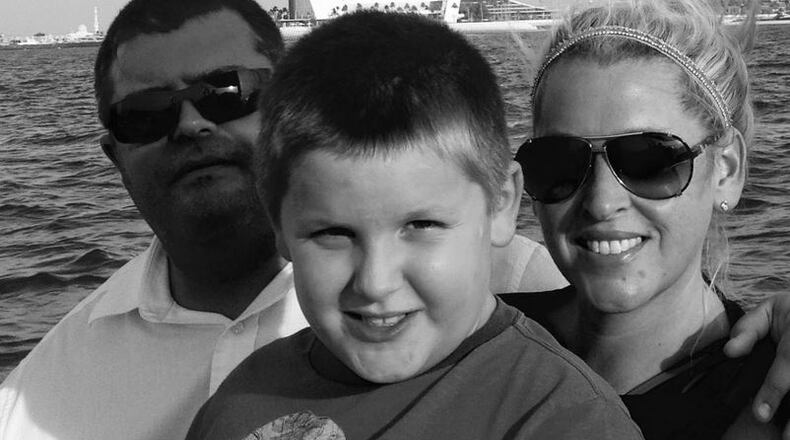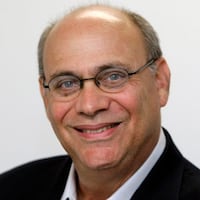An Atlanta native whose captivity in war-torn Yemen was publicized on social media has been released along with another American hostage, his employer announced Sunday.
Scott Darden was one of two Americans freed after being held hostage by Houthi rebels, a group that seized power in Yemen earlier this year, officials with New Orleans-based Transoceanic Development confirmed.
A statement from the National Security Council did not identify the Americans or detail the circumstances of their captivity or release. However, officials with Transoceanic said Darden was free and presumably in good shape.
“We cannot begin to express the sense of joy and relief we feel with Scott’s release,” company CEO Gregory Rusovich said in a statement emailed to media. “He has been safely evacuated and will be reunited with his family very soon.”
Darden, 45, is from Atlanta and attended Georgia State University, according to his LinkedIn profile. His expertise is working out logistical issues in the Middle East and Asia, the profile says.
Darden’s wife, Diana Loesch, told The Associated Press she was leaving for Oman to be reunited with her husband. She said she had spoken to Darden by phone and he said the Houthis had treated him well.
“He just landed in Muscat, actually,” she said. “He just called me. He’s both elated and overjoyed.”
Darden had been held by the Houthis since being taken captive in March. Although U.S. officials never identified him as a hostage, a friend created a Facebook page calling for his release.
Transoceanic spokesman Ken Luce said Darden was helping humanitarian organizations deliver food, medical supplies and other material throughout the region for Transoceanic. The company describes itself on its website as providing “specialized logistics services” in “remote, challenging and even war-torn areas.”
The other released hostage was not immediately identified. He does not work for Transoceanic, Luce said.
Luce cited a variety of officials in the U.S. and Oman who worked to secure Darden’s release.
“The Omani government and others were instrumental in getting this done,” he said.
The White House said in a statement that it had “worked tirelessly to secure the release” of the Americans since they were taken earlier this year.
“This outcome underscores that we have been and will continue to be tireless in pursuing the release of all Americans detained abroad unjustly, including those who remain in the region,” the statement said.
The war in Yemen has pitted Houthi rebels and forces fighting for former President Ali Abdullah Saleh against fighters loyal to exiled President Abed Rabbo Mansour Hadi, whose government had been a staunch U.S. counterterrorism ally. The conflict escalated in March when a Saudi-led, U.S.-backed coalition launched airstrikes against the Houthis.
The Washington Post reported earlier this month that Darden was one of three American men being held by the rebels.
The Post quoted one of Darden’s friends, John Schlichter, as saying he’d become frustrated by the lack of progress in securing the hostages’ release. To that end, Schlichter created a Facebook page to publicize the situation.
“Americans deserve to know that their fellow citizen, a good-hearted man earning an honest living abroad, was taken prisoner in a conflict that has nothing to do with him,” Schlichter wrote in an email to the newspaper.
Loesch told the Post that she and the couple’s young son, Eesa, were “eagerly awaiting his arrival to come home.”
“We are asking for his safe return,” she added. “He loved the Yemeni people.”
The Post said Loesch had previously sought to keep details of her husband’s capture out of the media at the urging of the U.S. government.
Luce said Darden was finishing a project for Transoceanic in Yemen when the fighting there broke out.
“It was really a case of being in the wrong place at the wrong time,” he said.
Luce said Darden had worked for Transoceanic for just less than a year. He said Darden, his wife and son live in Dubai.
“That’s his passion — working in the Middle East,” Luce said. “I’m sure at some point he will go back. He’s very committed to the region.”
About the Author


